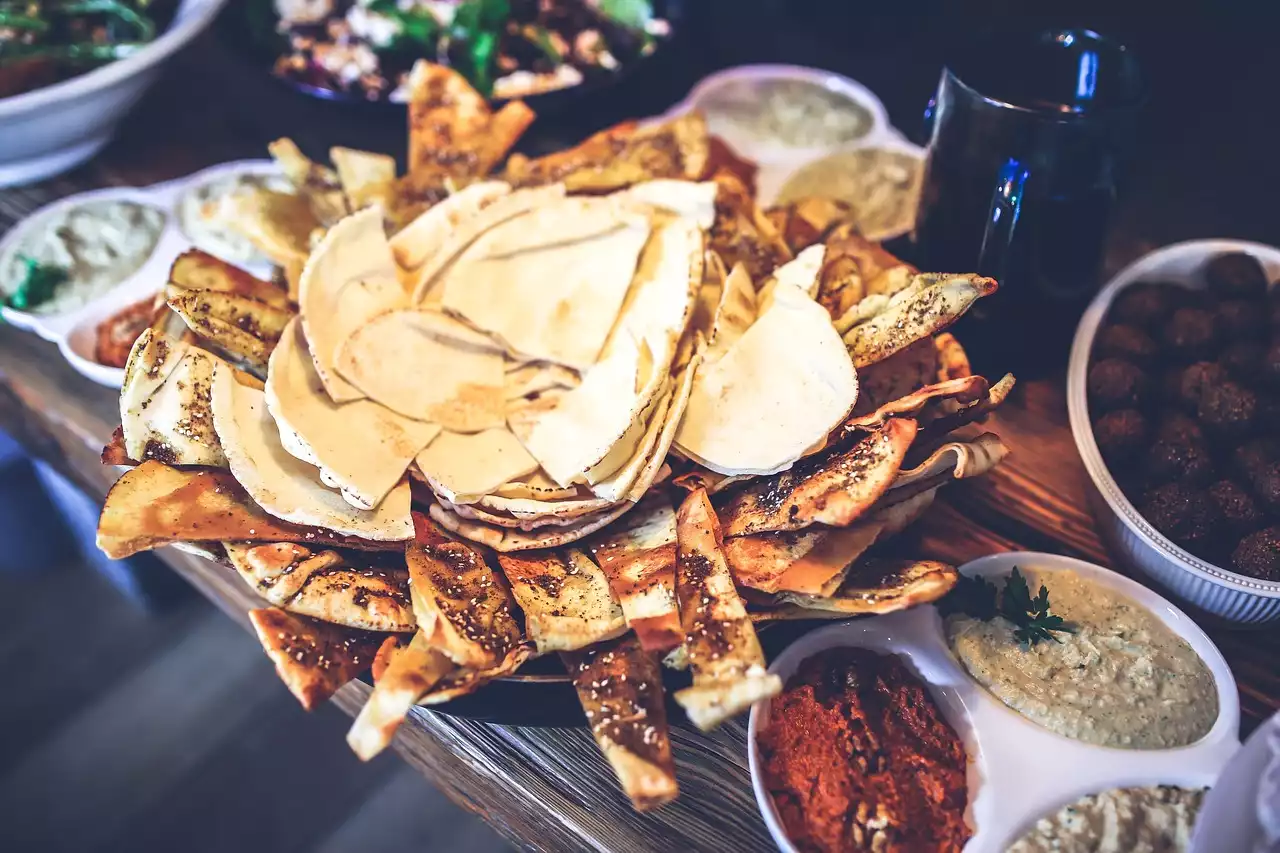Tacos are one of the most beloved and widely consumed foods in the world today. But where did they come from, and how did they evolve over time? In this article, we'll take a deep dive into the history of tacos, tracing their origins back to pre-Columbian Mexico and following their evolution into the global phenomenon they are today. From the first tacos consumed by the Aztecs to the fusion tacos of the 21st century, you'll learn about the different types of tacos and the role they've played in Mexican cuisine and culture.
The Origins of Tacos
The word "taco" actually has a long history in the Spanish language, and originally referred to a small explosive charge used in silver mines. However, in the context of food, "taco" likely refers to the practice of using a tortilla to scoop up small portions of food. The indigenous peoples of pre-Columbian Mexico, including the Aztecs, consumed a variety of foods wrapped in tortillas made from corn, a staple ingredient in their diet. These early tacos may have been filled with insects, beans, or small fish, and served as a convenient way to eat on the go.
The Evolution of Tacos
When the Spanish arrived in Mexico in the 16th century, they brought with them new ingredients and culinary techniques. Meats like pork and beef were introduced, along with new seasonings and spices. Over time, the tortilla itself became more refined, and the modern taco was born in the late 19th and early 20th centuries. Street vendors began to popularize the food, offering a wide range of fillings and toppings to choose from.
The Rise of the Taco in Mexico
By the mid-20th century, the taco had become a staple of Mexican cuisine and street food culture. Different types of tacos emerged in different regions of Mexico, such as tacos al pastor, which feature spit-roasted pork seasoned with chiles and spices, and carnitas, which are made from slow-cooked pork. Taquerías and street vendors played a crucial role in the spread of tacos throughout the country, and continue to be a beloved part of the food culture in Mexico today.
The Global Phenomenon of Tacos
In the 20th century, tacos began to gain popularity in the United States and other parts of the world. Mexican immigrants and entrepreneurs helped to popularize tacos in cities like Los Angeles and San Francisco, where they became a staple of street food culture. Fast food chains like Taco Bell also played a role in the mass popularization of the food, creating their own versions of tacos that were easy to produce on a large scale.
The Future of Tacos
Today, tacos continue to be enjoyed by people around the world, and are constantly evolving and changing. Fusion cuisine and new ingredients are leading to the creation of new types of tacos, such as Korean tacos, which are filled with bulgogi beef and kimchi, and vegan tacos, which use plant-based ingredients like jackfruit and tempeh. Despite the changes, tacos remain a staple of Mexican cuisine and street food, and are a testament to the enduring appeal of this simple, delicious food.
Conclusion
The history of tacos is a story of ingenuity, adaptability, and cultural exchange. From their origins as a simple way to eat on the go to their current status as a global phenomenon, tacos have been shaped by the people, ingredients, and traditions of Mexico and beyond. Whether you're a fan of traditional street tacos or love to try new fusion creations, there's no denying the enduring appeal of this beloved food. So the next time you enjoy a taco, take a moment to appreciate the rich history and cultural heritage behind this humble dish. And don't forget to savor the delicious flavors and textures that have made tacos a favorite around the world.
In addition to their delicious taste, tacos have become an important part of Mexican identity, as well as an iconic representation of Mexican culture around the world. Tacos are now not only a food but also a symbol of Mexican heritage and a way for people of all backgrounds to connect with the rich history and cultural diversity of Mexico.
So, whether you're enjoying a classic street taco in Mexico City or trying out a new fusion creation in Los Angeles, you are participating in a tradition that spans centuries and continues to evolve. The story of tacos is one of resilience and adaptation, and it is a testament to the power of food to bring people together, to reflect cultural heritage, and to inspire creativity and innovation.
So go ahead and indulge in your favorite taco, and take pride in knowing that you are part of a delicious and dynamic culinary tradition that has captured the hearts and taste buds of people all over the world.









